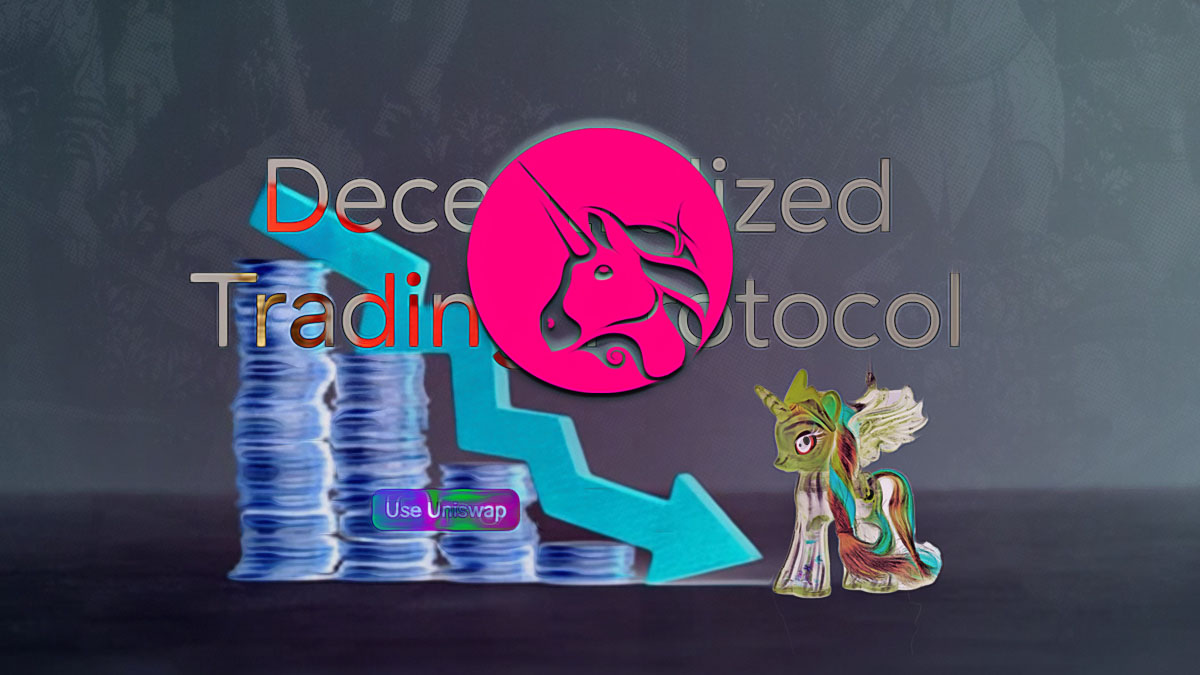The Uniswap Foundation has recently put forward a governance proposal that has ignited a wave of debate among cryptocurrency enthusiasts. Highlighted in a blog post by Chinese crypto journalist Colin Wu on the Wu Blockchain platform, this proposal is designed to empower and streamline the governance process of the Uniswap Protocol. The proposal’s intent is to foster more active and informed participation in the decision-making process, potentially leading to improvements in the protocol’s decentralized governance structure.
Objective of the Governance Proposal
Erin Koen, the governance lead of the Uniswap Foundation, underscored the proposal’s objective to promote active, relevant, and thoughtful delegation among participants. Should this proposal garner approval, it is expected to enhance the foundation’s agility and uphold its decentralized framework.
The article by Wu emphasizes the distinction between Uniswap Labs, a commercial entity, and the Uniswap Foundation, a non-profit dedicated to protocol management and community growth. While the foundation has made the proposal public, Uniswap Labs has yet to comment on the matter.
Potential Financial Impact on UNI Token Holders
From a financial perspective, the article notes that Uniswap’s Liquidity Provider fees amount to approximately $626 million annually, with UNI token holders standing to gain a profit share of $62.62 to $156.5 million, depending on various factors. This could translate to a considerable financial benefit for those holding UNI tokens.
Devin Walsh, the Executive Director of the Uniswap Foundation, advocates that the proposal is not only geared towards immediate benefits but also aims to ensure the long-term success and adaptability of the protocol. The focus on active delegation is a key factor for the enduring viability of the protocol, according to Walsh.
The outcome of the proposal remains uncertain as discussions continue. Wu’s analysis suggests that the proposal seeks to convert the UNI token into a utility token, which could pave the way for future efforts to achieve a similar transformation if this proposal does not succeed. It is also noteworthy that following the proposal’s introduction, the UNI token’s value saw a substantial surge of over 40%, though it has since stabilized.













